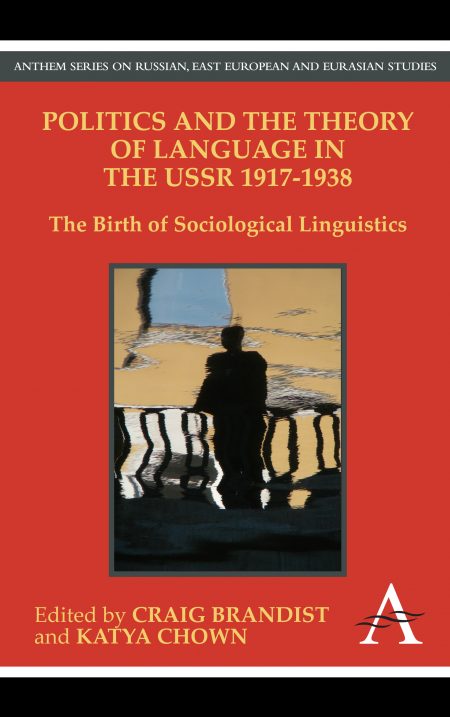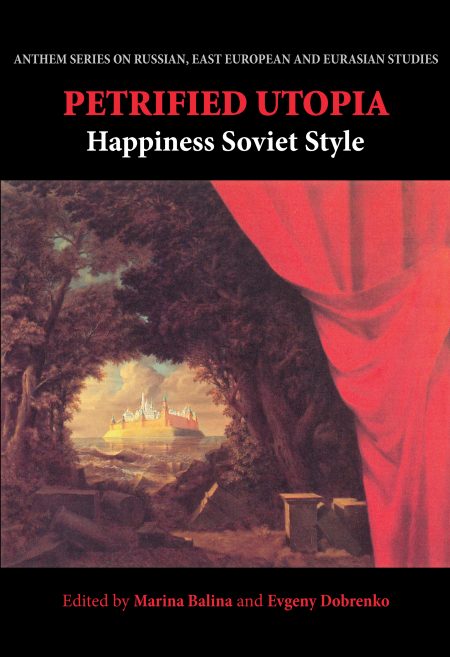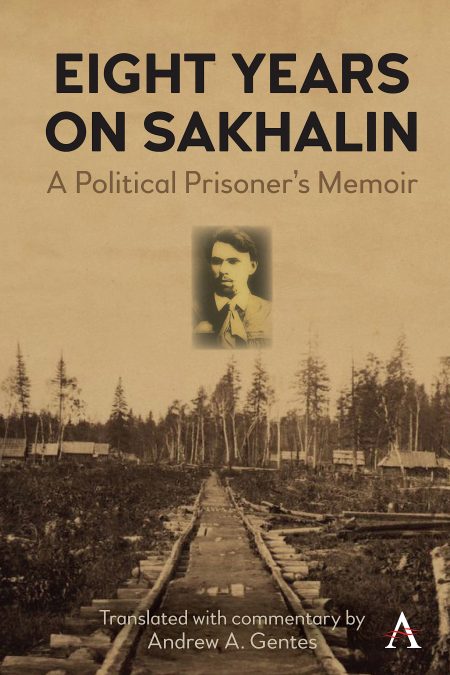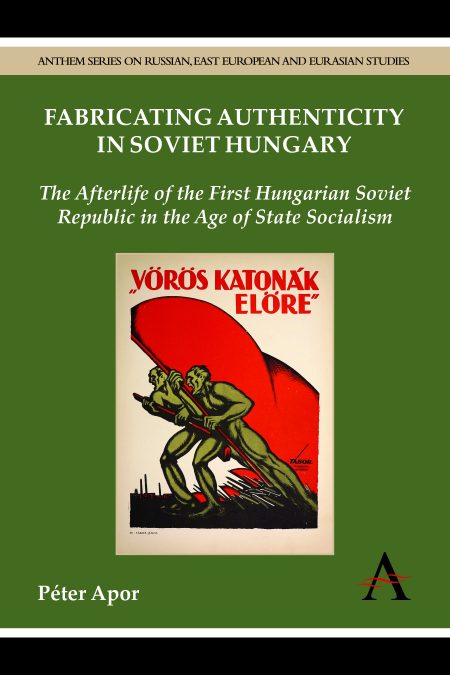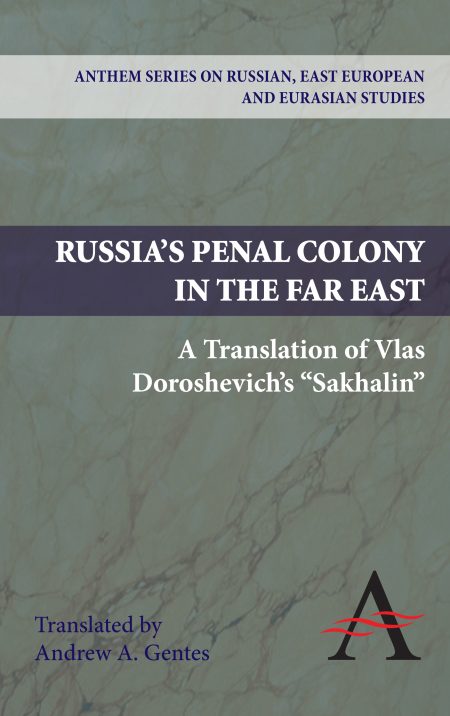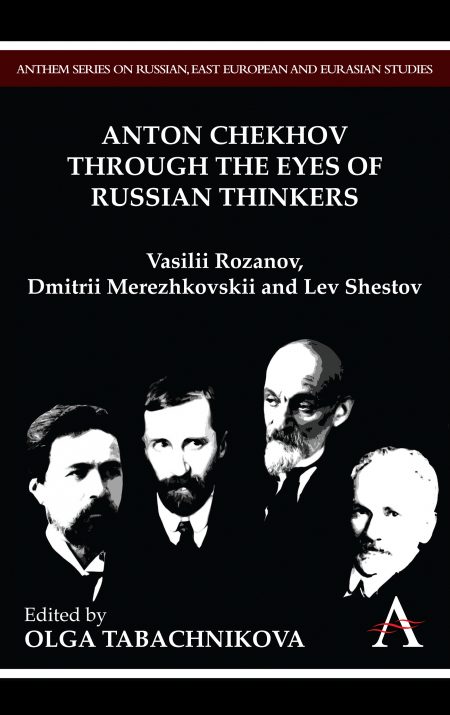Refugee Support and Moral Practice in Slovakia
An Ethnographic Study
Title Details
- ISBN: 9781839991240
- June 2024
- Pages: 300
Slovakia has never been a major destination for refugees or migrants and follows a strictly anti-refugee politics. Like other formerly socialist countries in Central Europe which are now EU member states—especially its fellow Visegrád countries Poland, Hungary, and the Czech Republic—Slovakia fiercely rejected refugee redistribution during the “long summer of ’migration” in 2015–2016. Meanwhile, the few refugees living in Slovakia face restrictive authorities and deficient support infrastructures. Building on ten months of ethnographic fieldwork carried out between 2017 and 2019 and focusing on those often-overlooked actors who do support refugees as NGO employees or volunteers, this book provides an empathetic and ethnographically rich account of their everyday efforts to accommodate ’refugees’ needs and state ’authorities’ expectations.
The book explores those engagements not as negotiation of political or ideological positions, but primarily as emotional and moral practices. It argues that moral codes and emotional templates shape the implementation of refugee support, structuring encounters and clashes between refugees, helpers, and bureaucrats. They generate lasting formal or informal solutions and even inform new policies in refugee care. Closely connected to this observation is a second finding, namely, that moral dilemmas and conflicting emotions often cause more distress and greater complications than the political controversies surrounding the topic. Actors on opposite ends of the political spectrum—like liberal NGO employees and state bureaucrats—experience the same conflicts of conscience and adopt the same indecisiveness.
These findings challenge the common characterization of the Slovak and other post-socialist societies as being divided between hegemonic populist, illiberal and xenophobic forces on one hand, and a much smaller and less influential liberal and cosmopolitan discourse on the other. Rather, actors blur or adapt their visions of what migration policy should ideally look like while engaging in the complicated practice of refugee care. The dynamics described in this book can increasingly be observed in western European countries as well, as mainstream political and public discourse has become more hostile towards refugees and the utterances from opponents and proponents of refugee solidarity have grown more alike since 2015.
Eva-Maria Walther is a social anthropologist with a focus on migration and refugee studies and Central Eastern Europe.
Related products
-
Politics and the Theory of Language in the USSR 1917-1938
The Birth of Sociological Linguistics
Edited by Craig Brandist, Katya Chown
March, 2010
£115.00 / $115.00 -
Petrified Utopia
Happiness Soviet Style
Edited by Marina Balina, Evgeny Dobrenko
July, 2009
£115.00 / $115.00 -
Eight Years on Sakhalin
A Political Prisoner’s Memoir
Ivan P. Iuvachev
translated with commentary by Andrew A. GentesJanuary, 2022
£140.00 / $140.00 -
Fabricating Authenticity in Soviet Hungary
The Afterlife of the First Hungarian Soviet Republic in the Age of State Socialism
Péter Apor
March, 2014
£115.00 / $115.00 -
Russia’s Penal Colony in the Far East
A Translation of Vlas Doroshevich's "Sakhalin"
Vlas Doroshevich
translated by Andrew A. Gentes
introduction by Andrew A. GentesJuly, 2009
£130.00 / $130.00 -
Anton Chekhov Through the Eyes of Russian Thinkers
Vasilii Rozanov, Dmitrii Merezhkovskii and Lev Shestov
Edited by Olga Tabachnikova
July, 2010
£115.00 / $115.00


